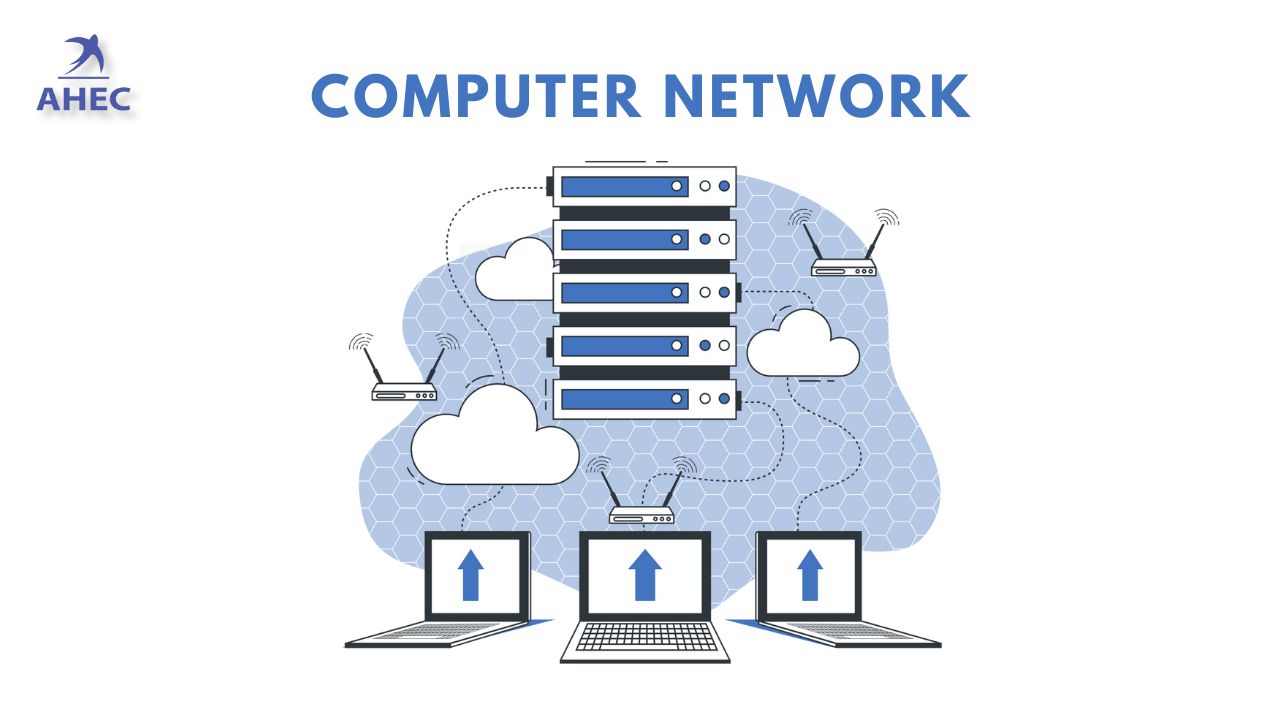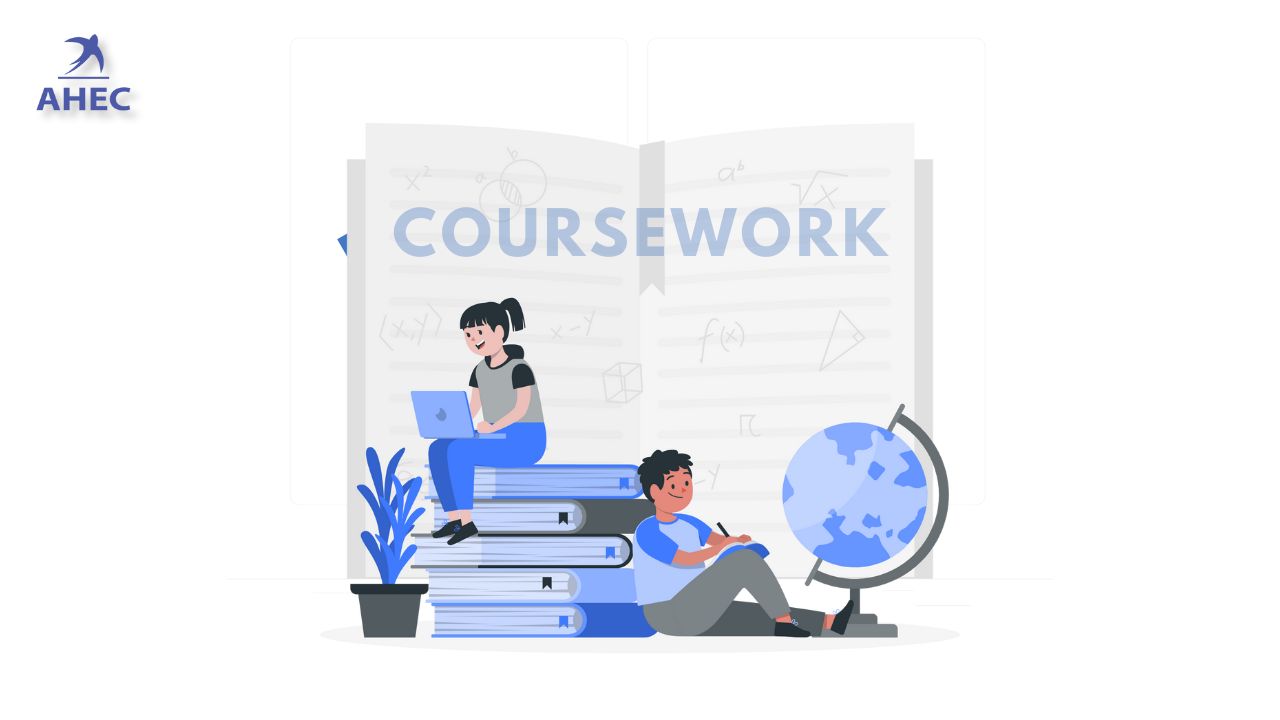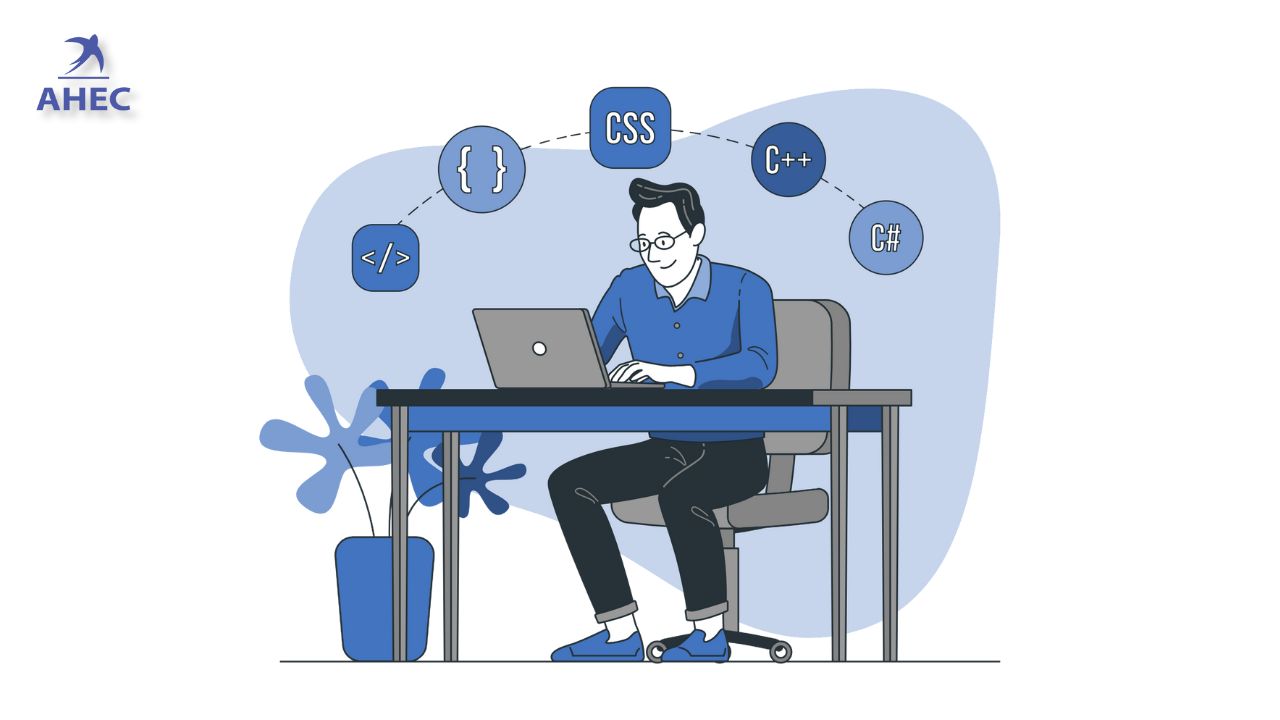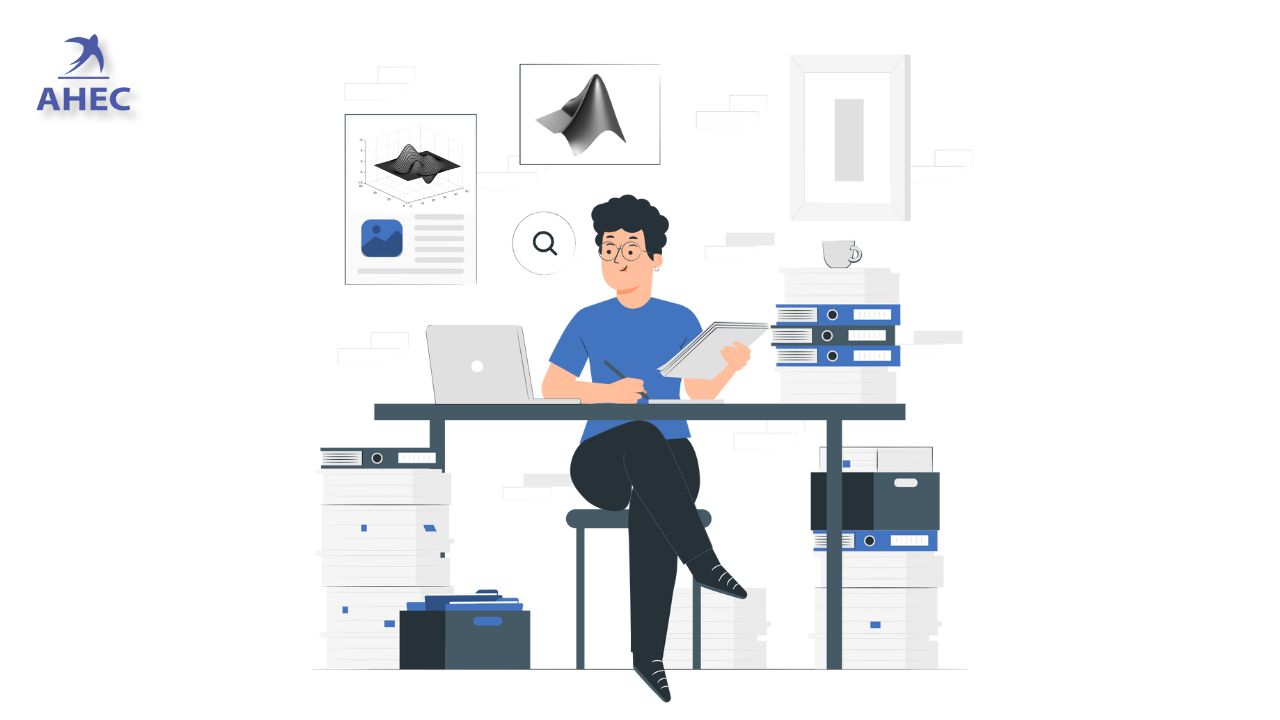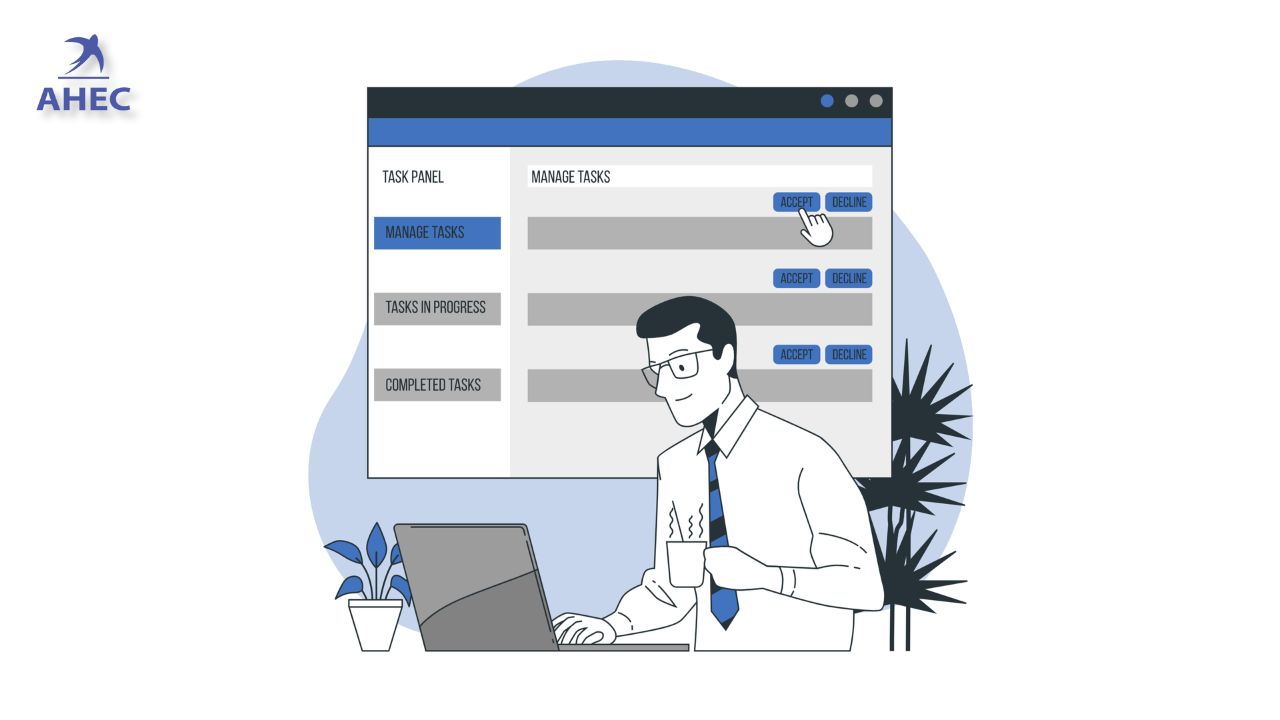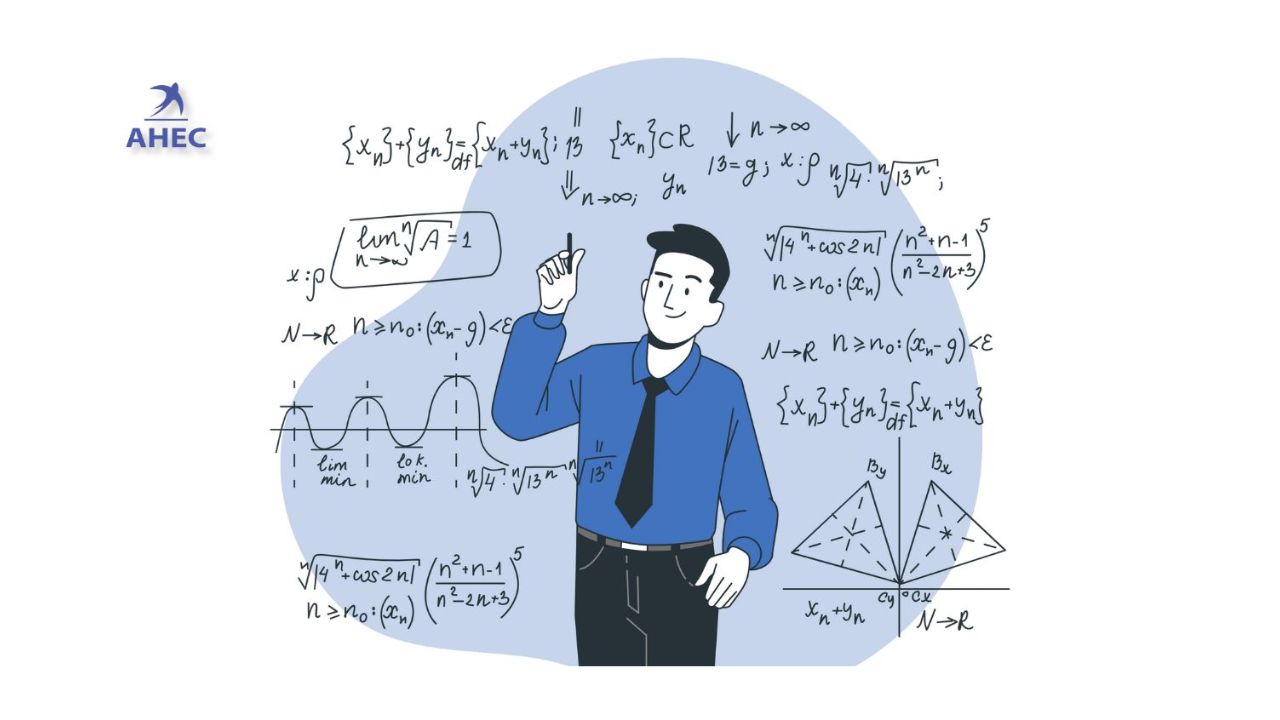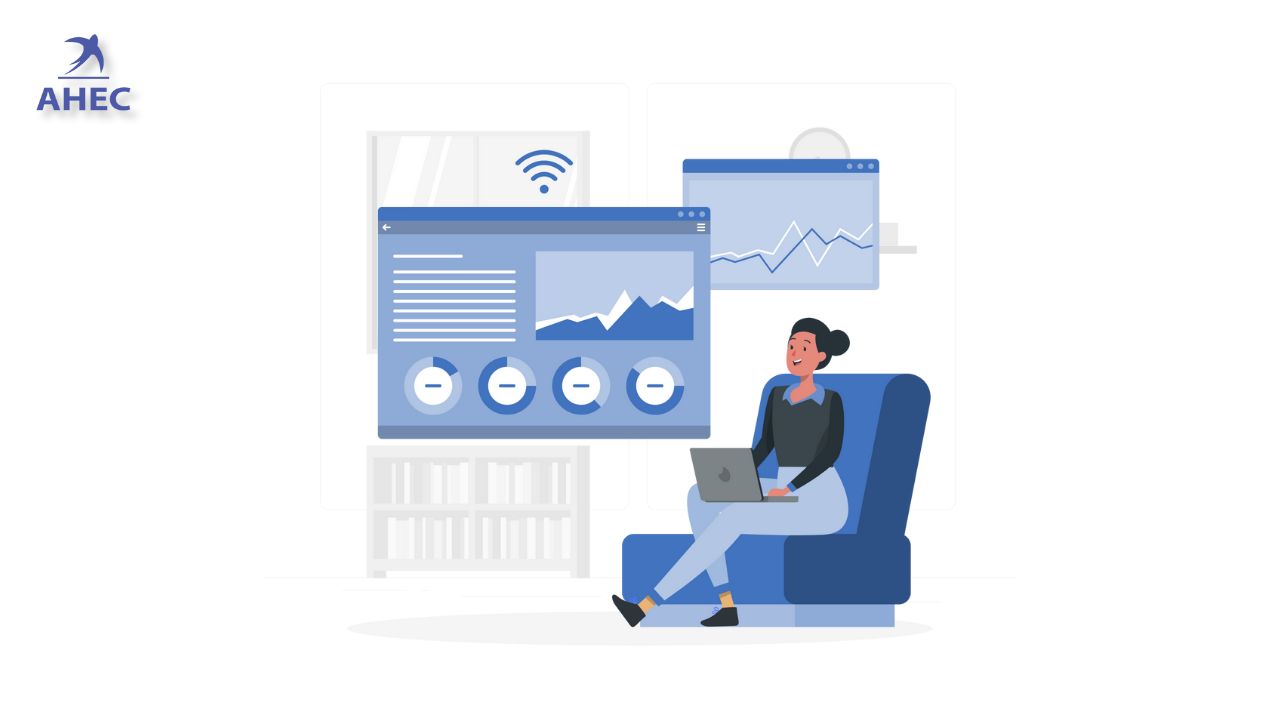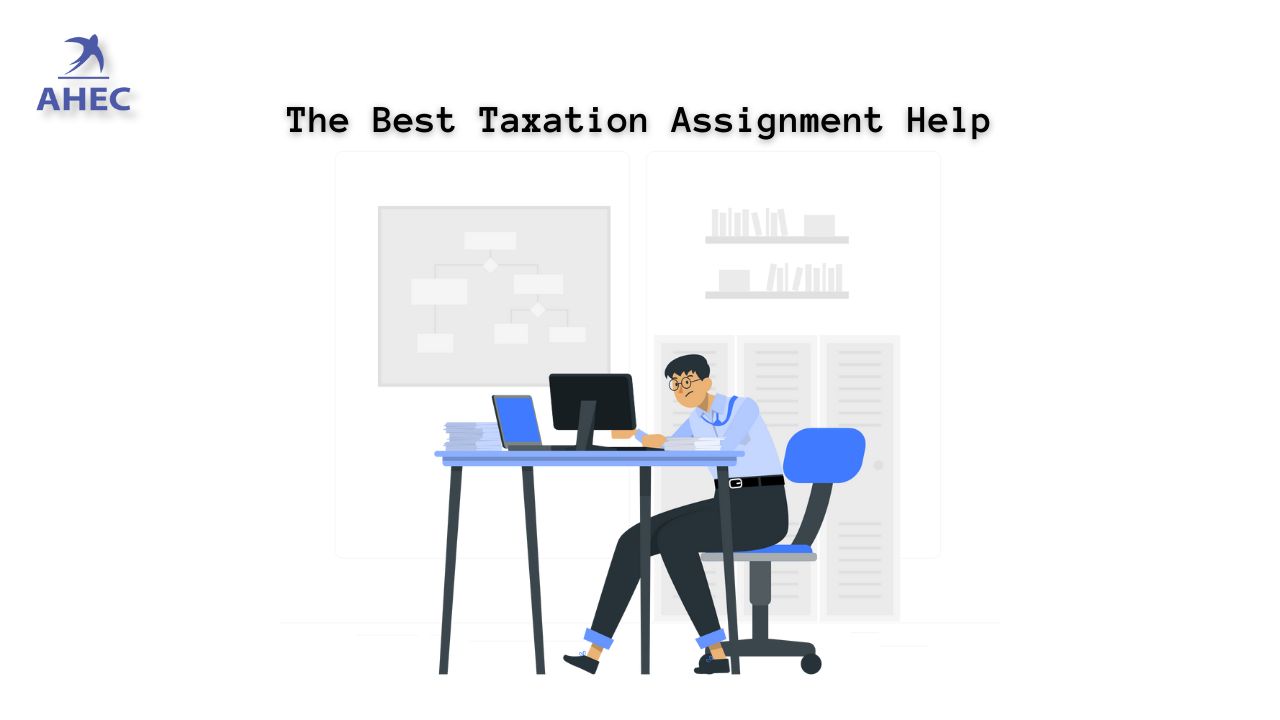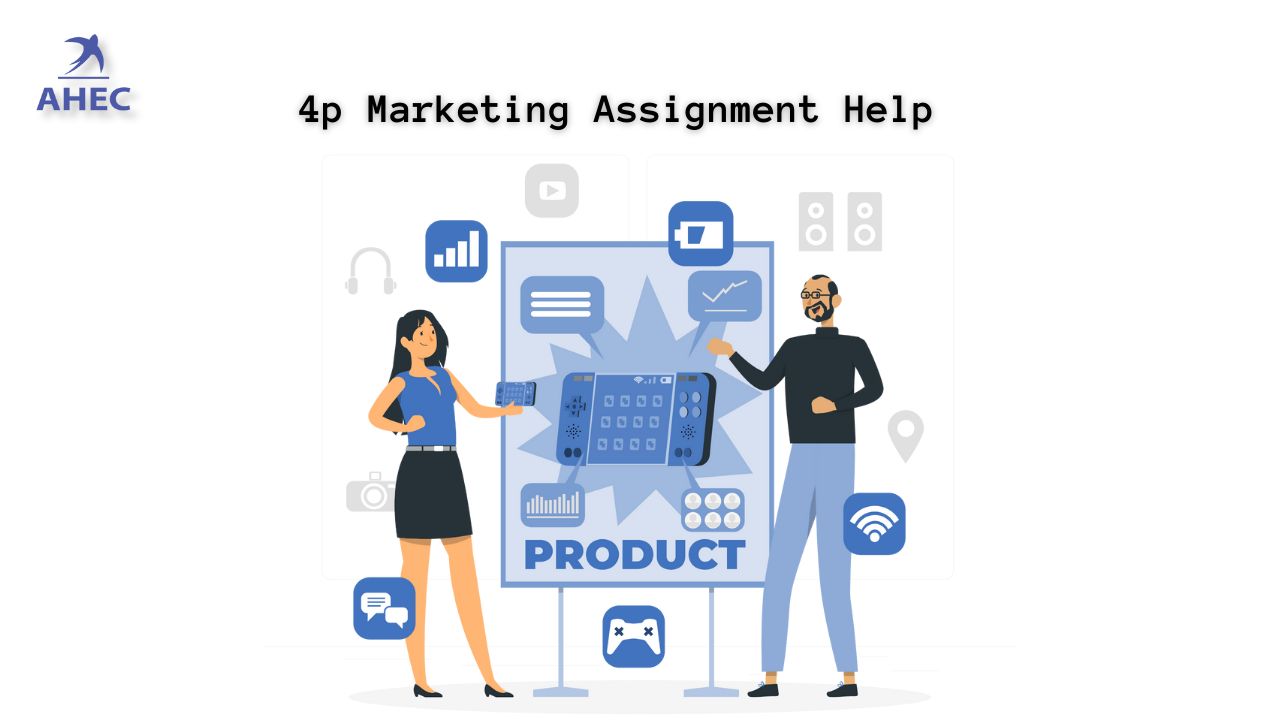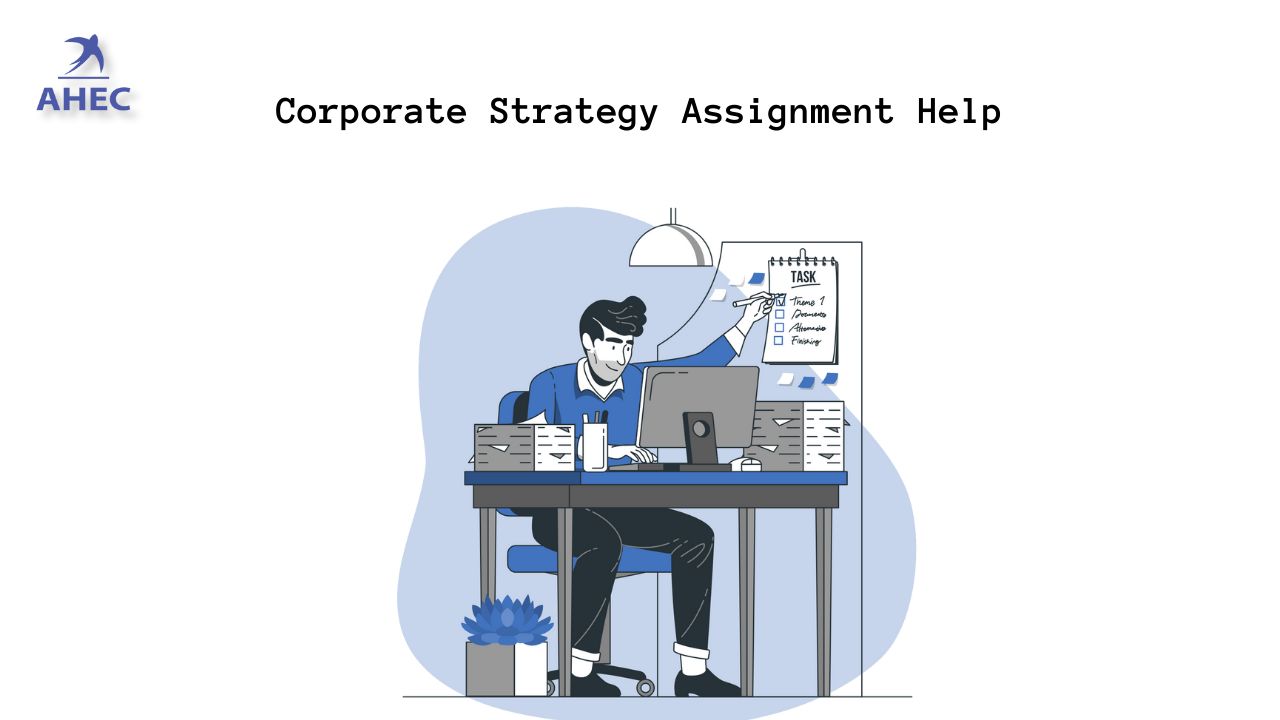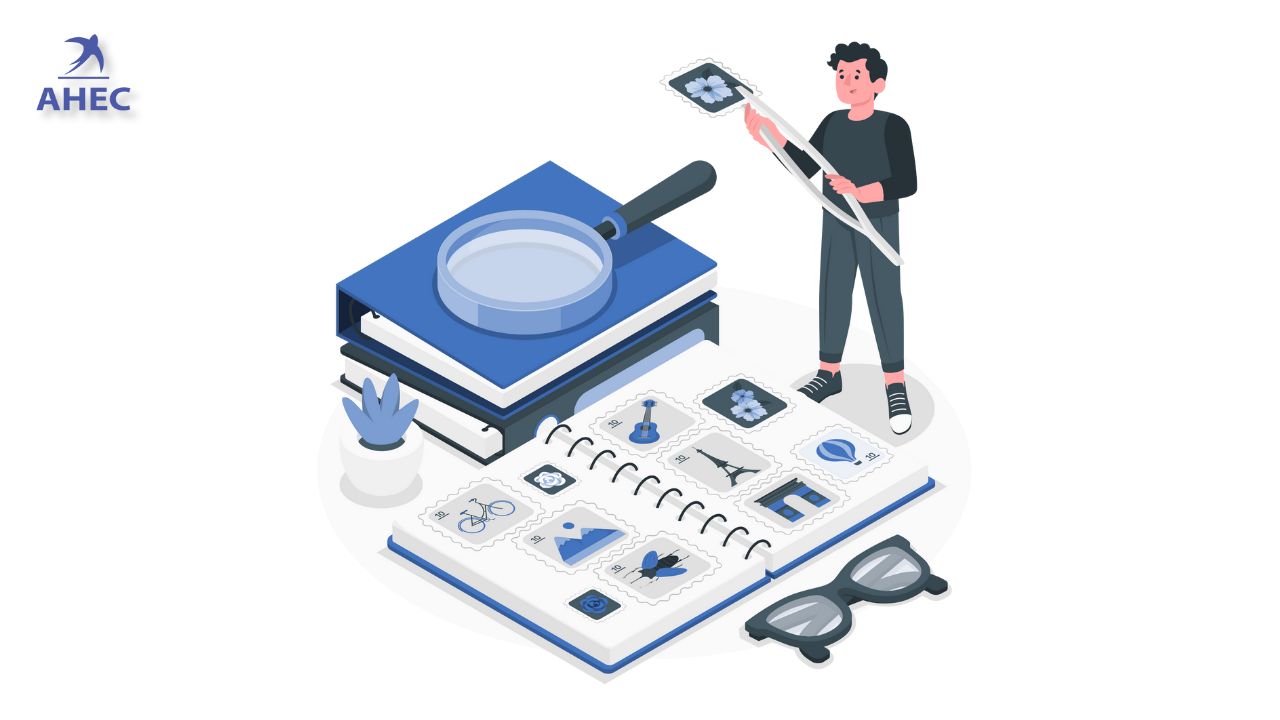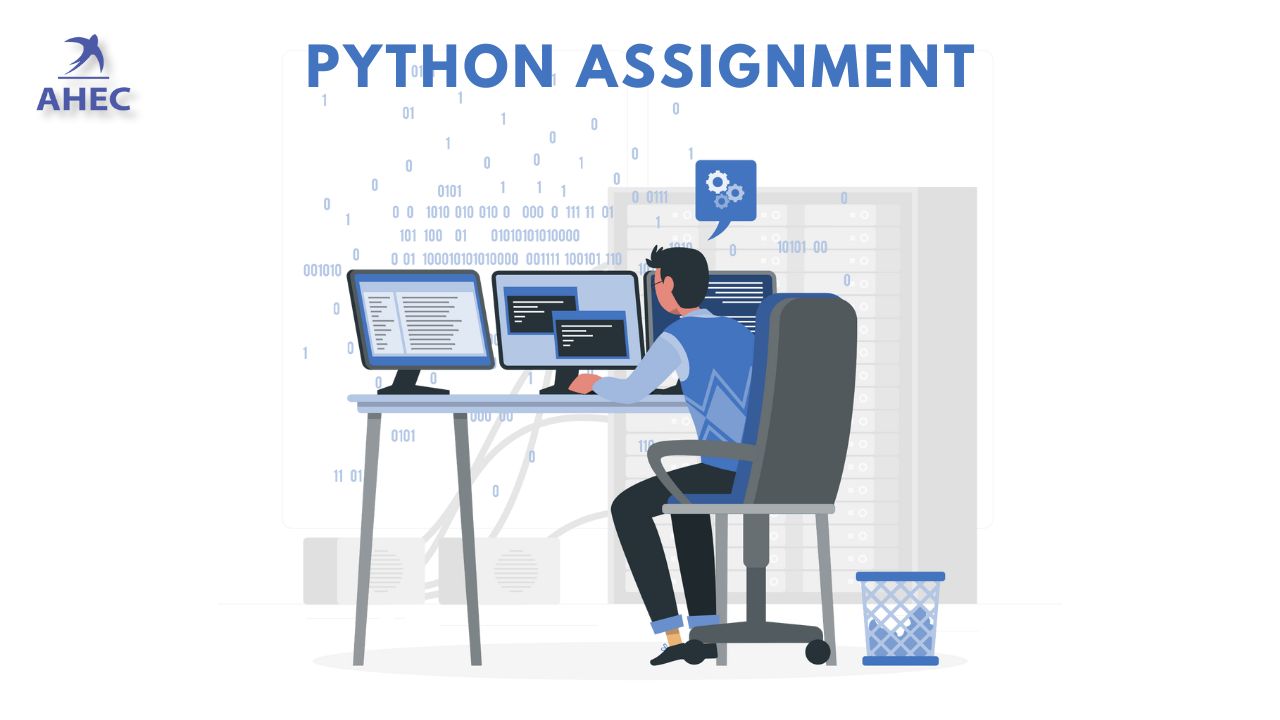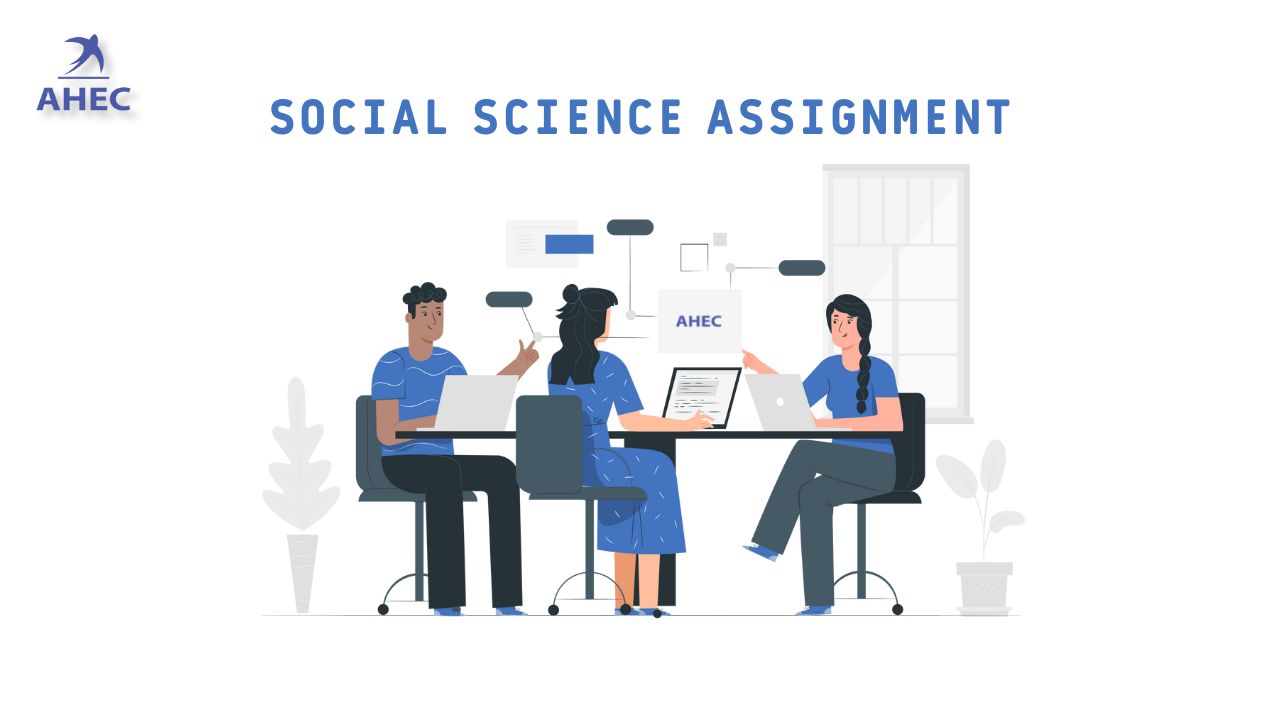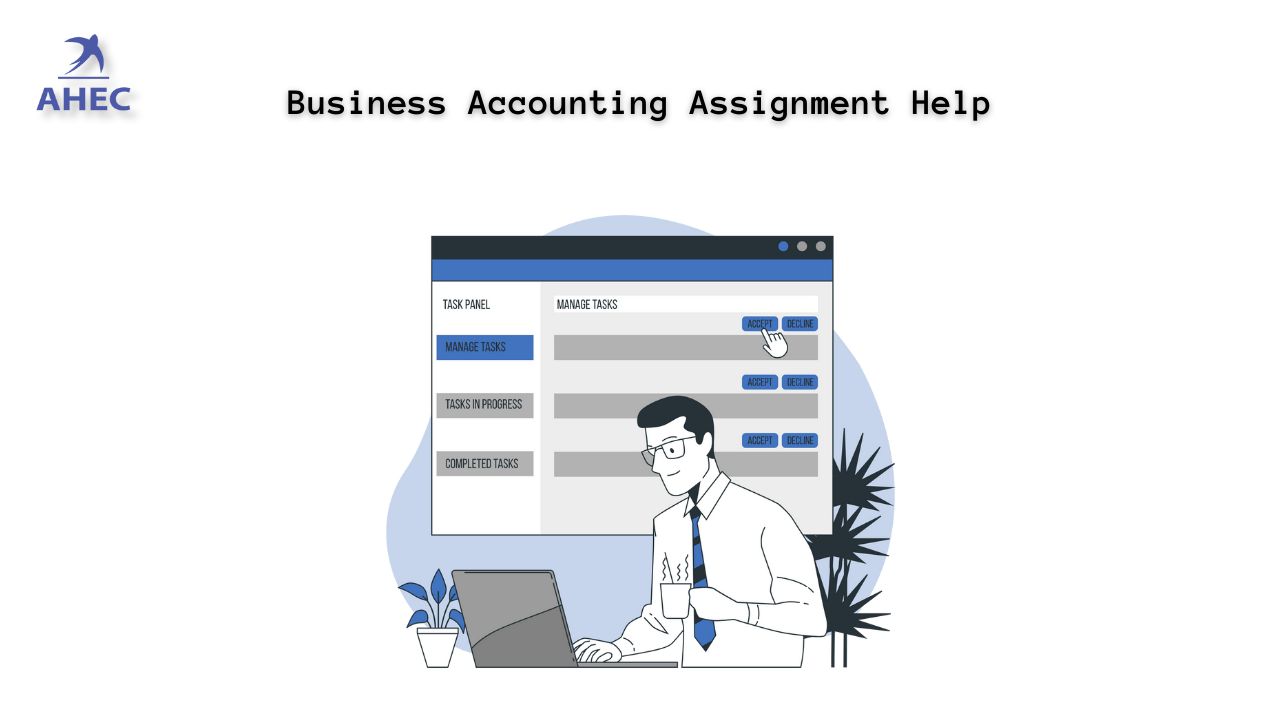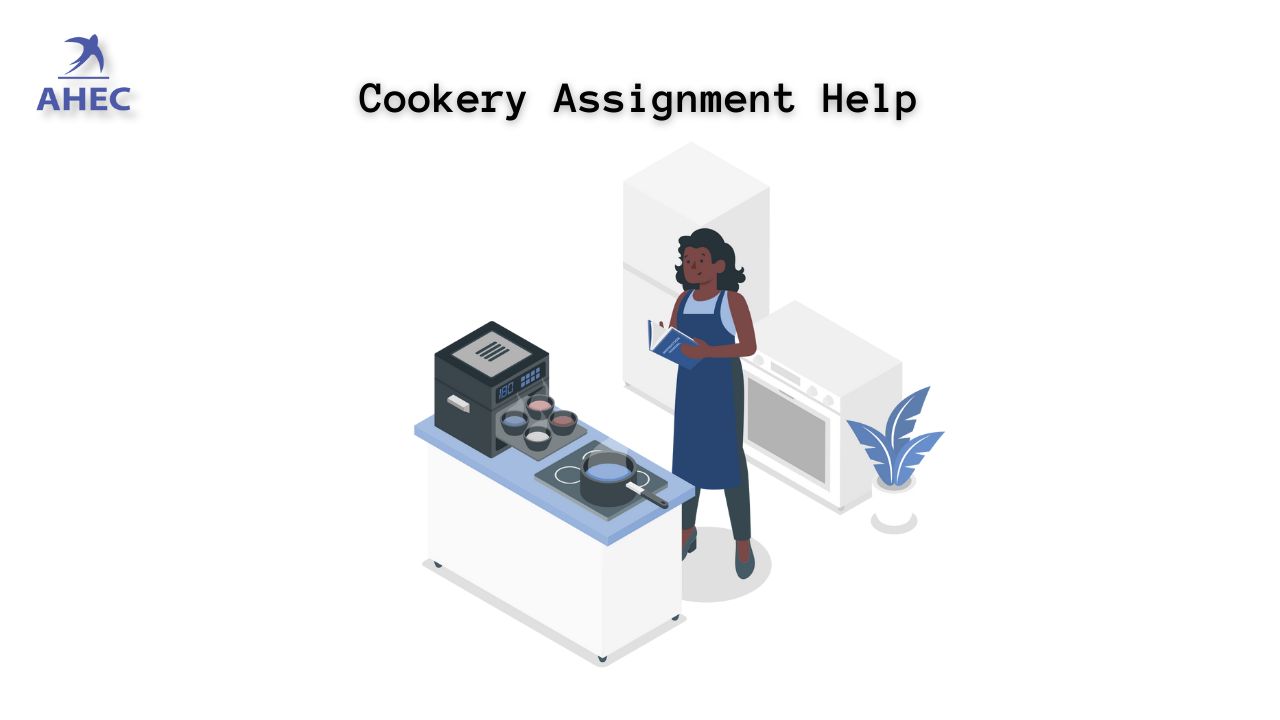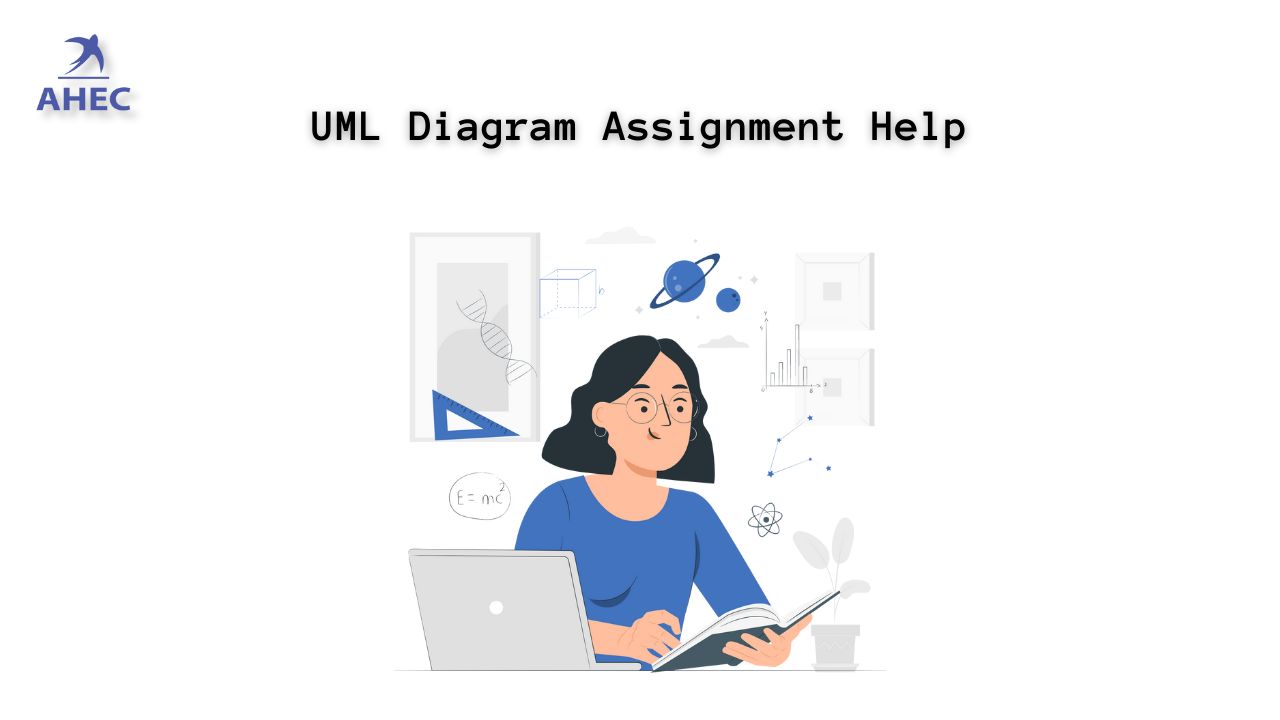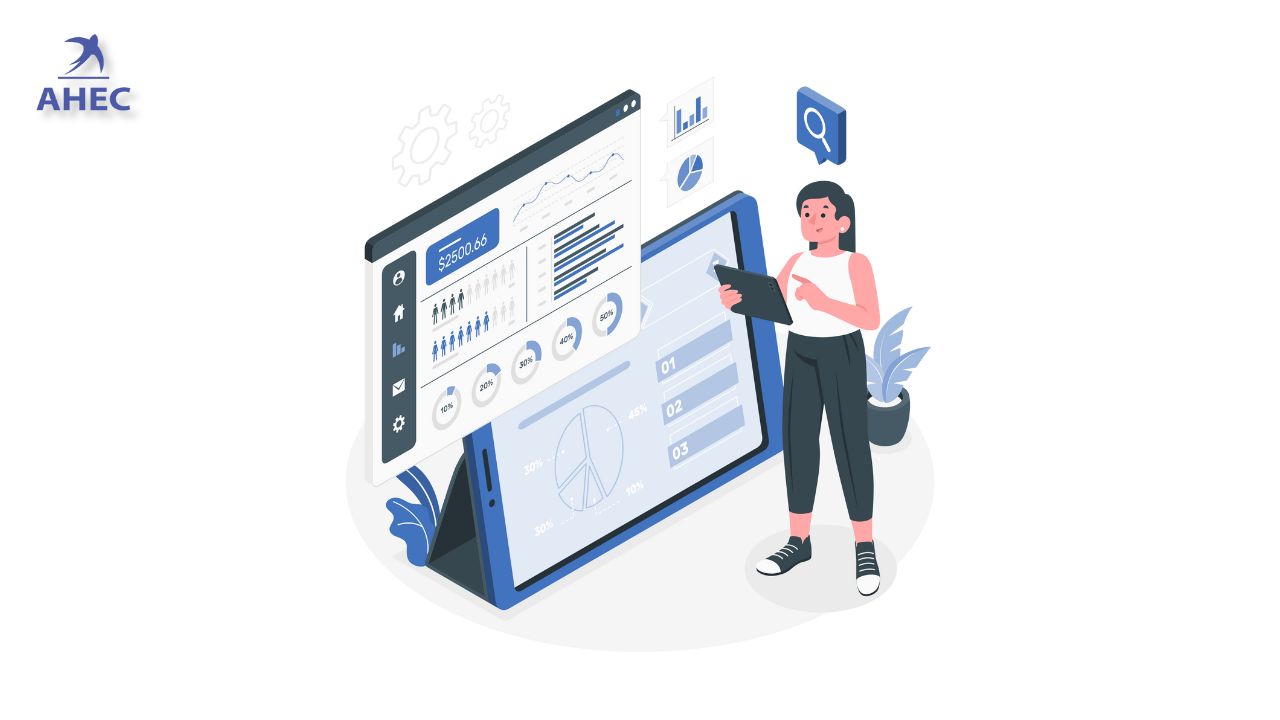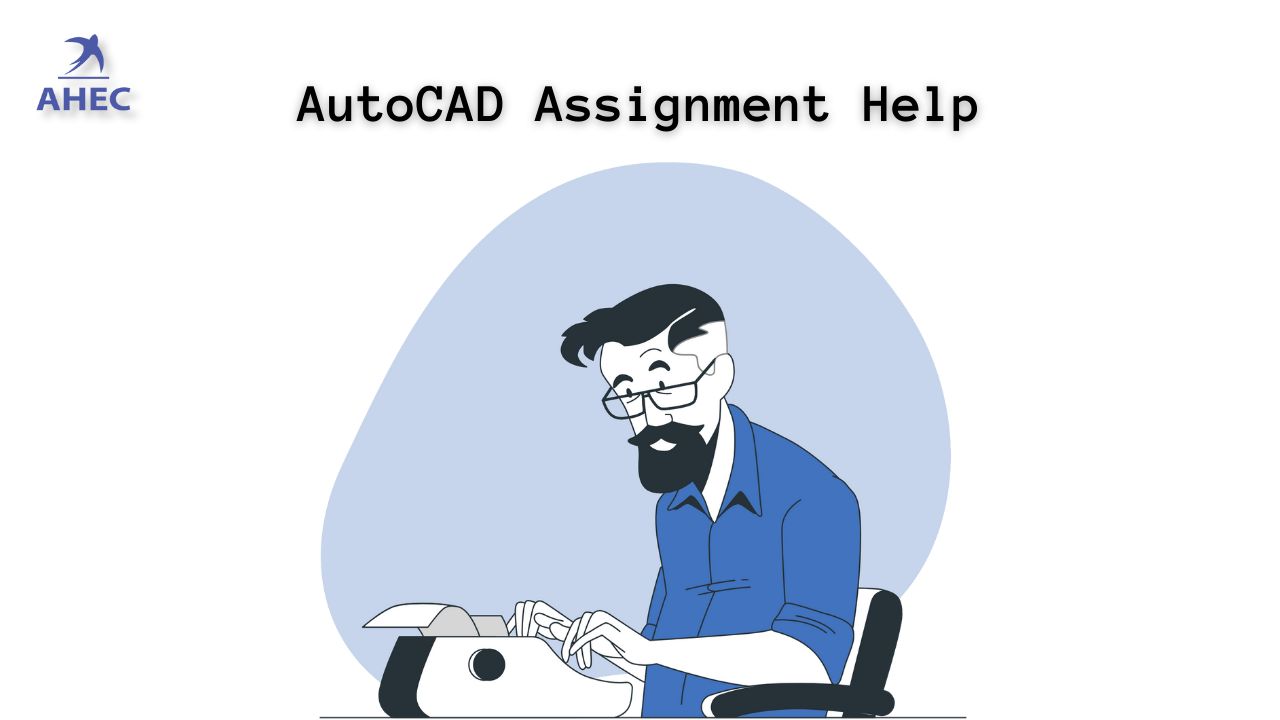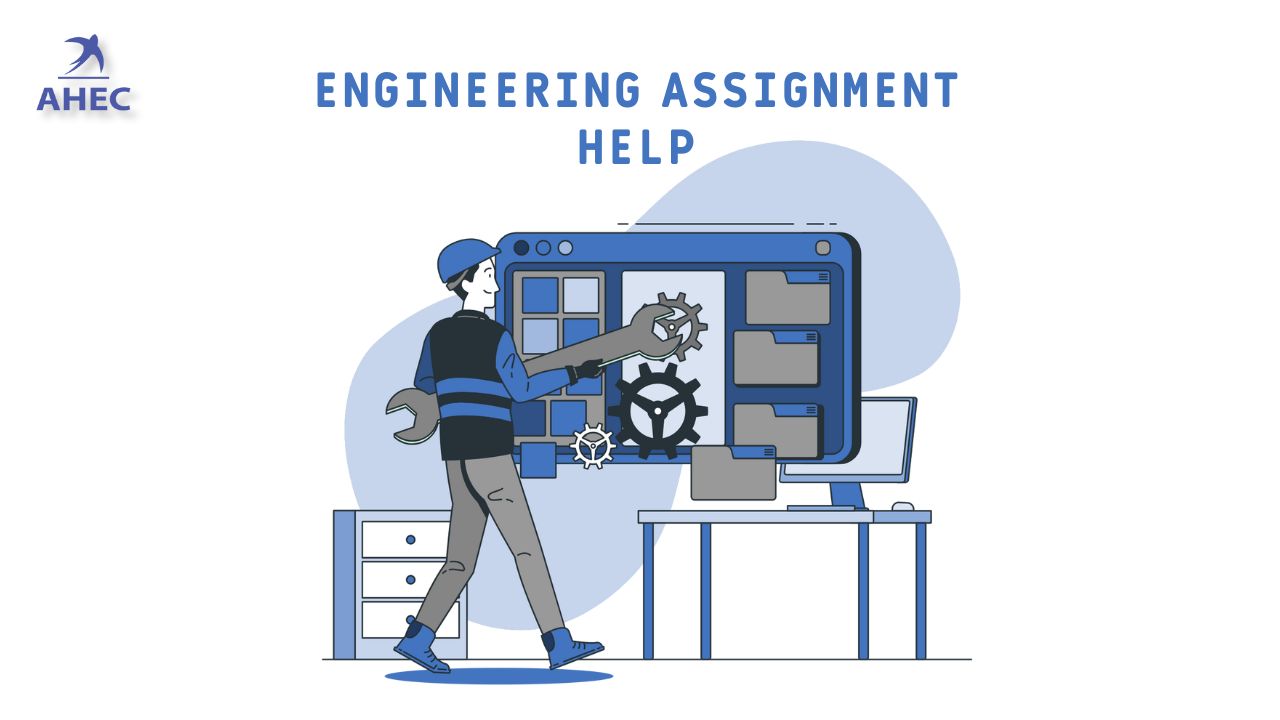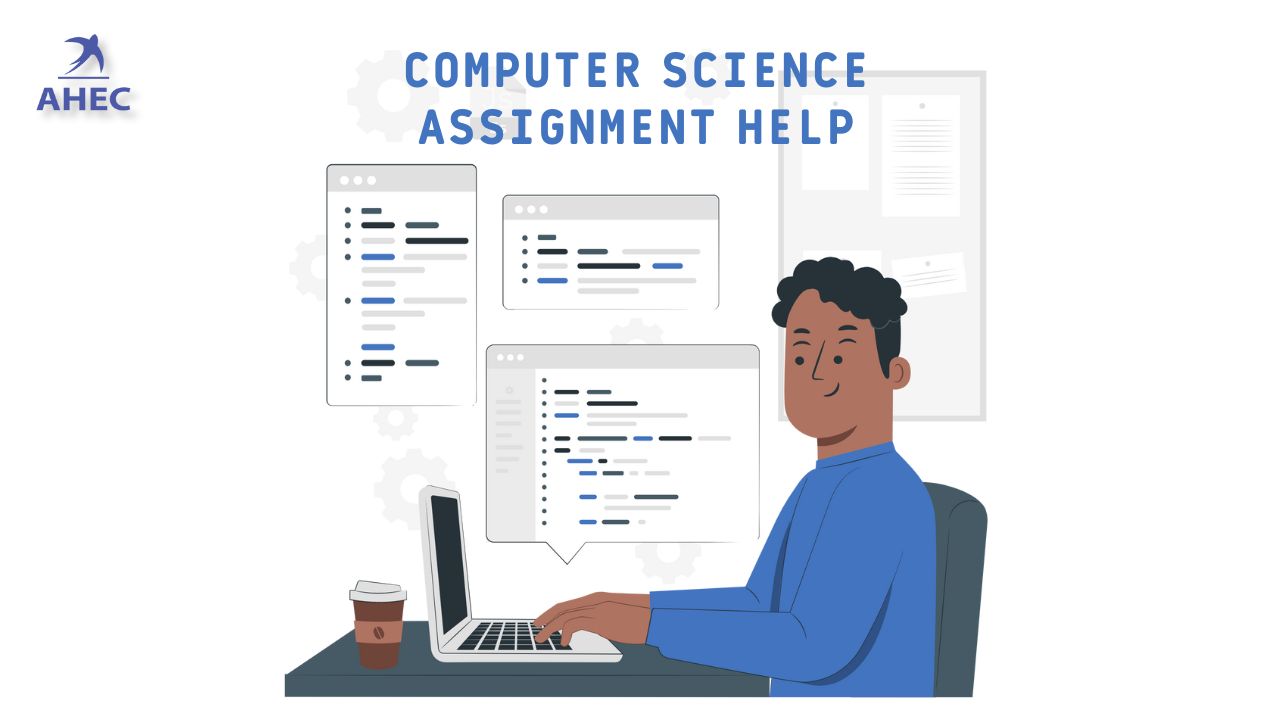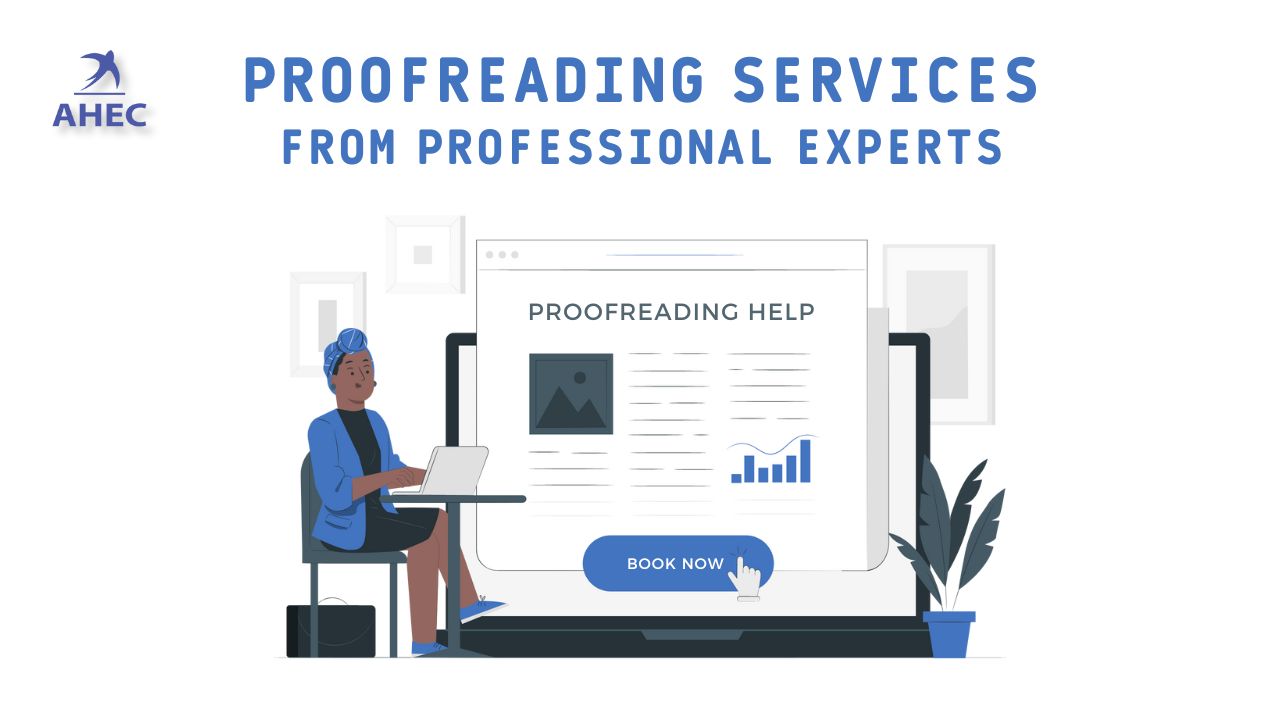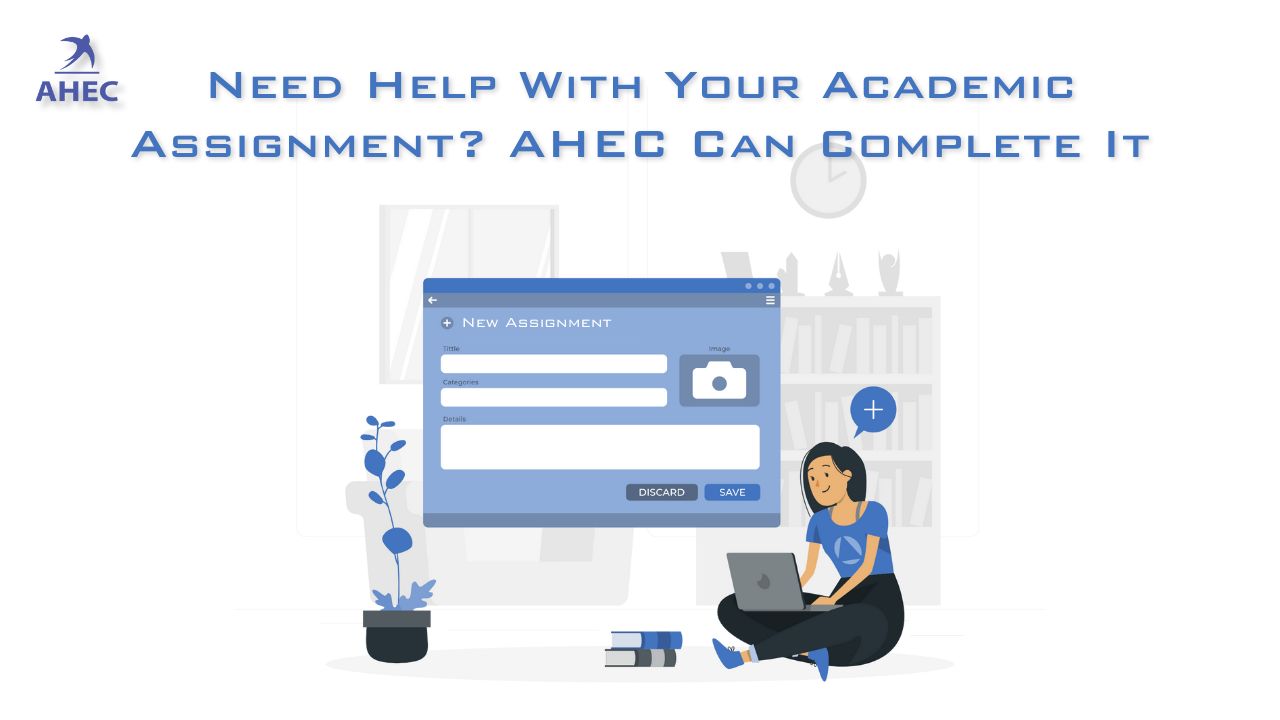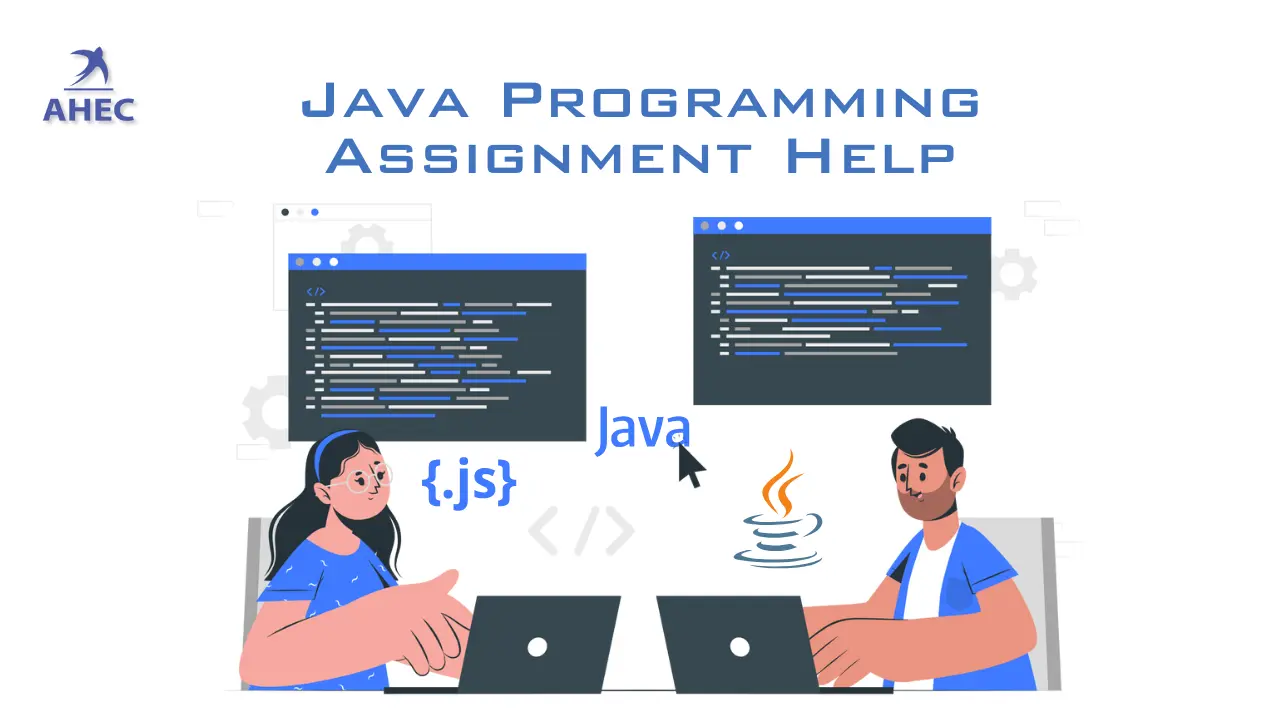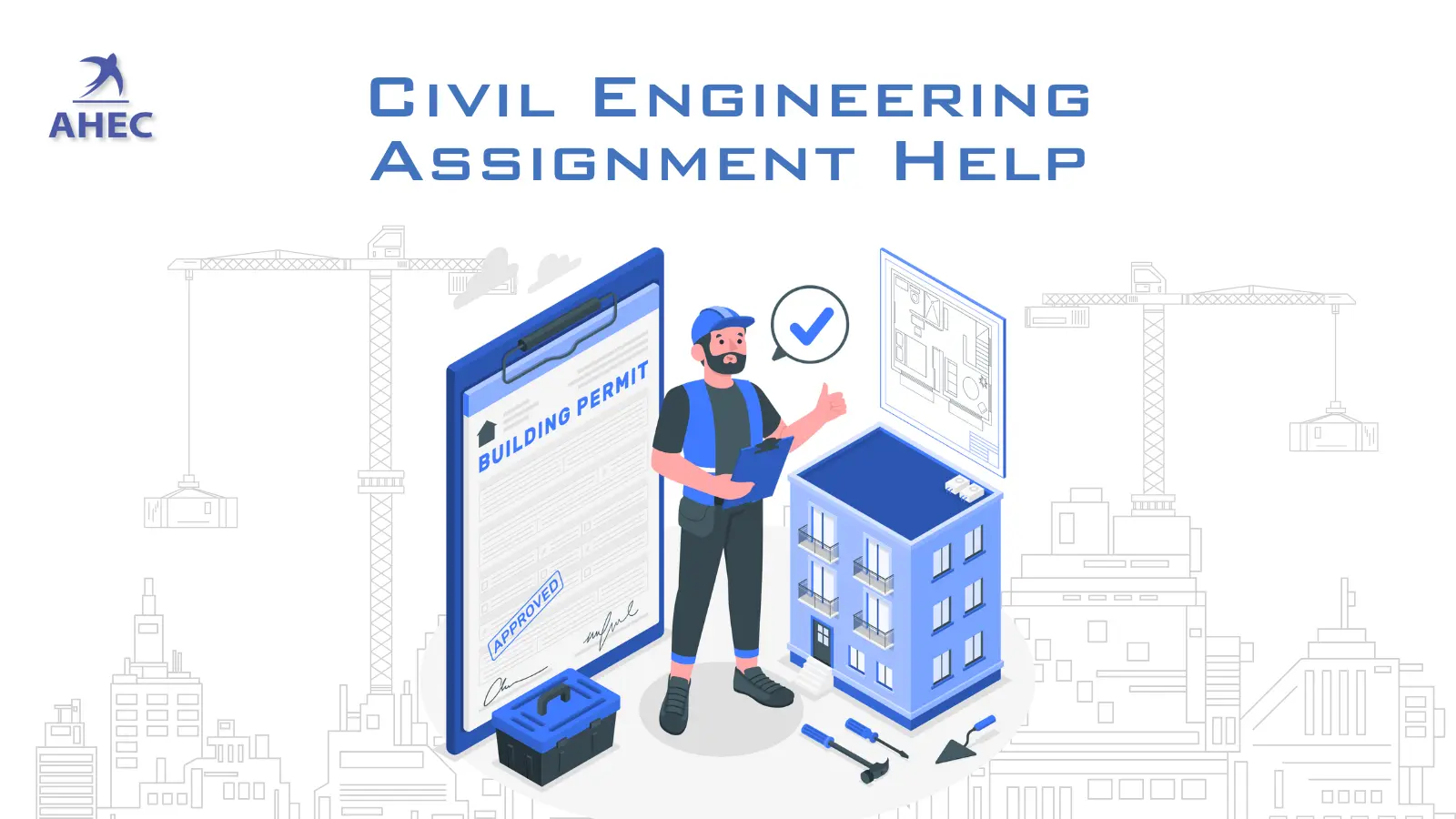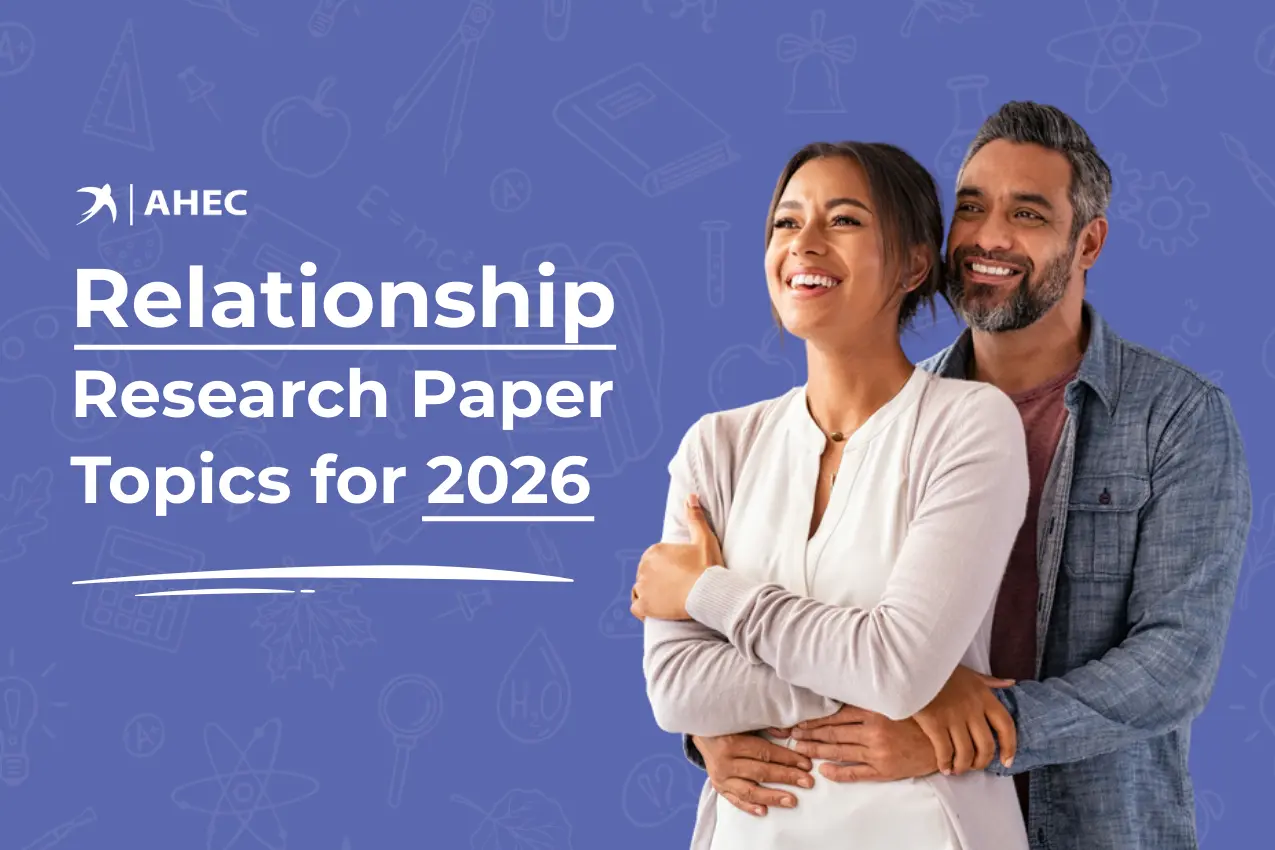It's always difficult. It's a broad field, and numerous things are taking place across the globe. This means there's plenty of room to discover new perspectives that are interesting to talk about. Naturally, you'd like your research proposal to be accepted in order to start doing your research. In addition, writing a great research paper will gradually increase your grades and impact your education and the progress you make as an individual student.
When the time is right, it can be difficult to pick a topic to research in the field of education. The volume of information and new ideas could make it difficult to choose the best one. That's why we've chosen to provide some crucial tips on selecting the right research topic for you.
How to Choose Topics For Research Proposal in Education
Find out about the latest trends in education and the latest adjustments.
As we've said before it's crucial to stay up to date with the latest developments in the field of education. There are always new developments and a variety of news sources can assist you in brainstorming your ideas.
Search for current books.
The reading of books on education is always an excellent idea. Not only will you be able to discover a fascinating subject, but also do some research for the topic right away.
Take a look at some real-world examples.
If you're stuck with no suggestions, head straight into the sources. Take a class at a university or visit the school. Learn how teachers use different methods and whether certain methods are being used in the correct method. Unfortunately, there is always the difference between the two.
Reduce it to.
Being specific can help you convey authenticity to your proposition and makes it appear interesting. Don't discuss education as a whole; instead, find interesting articles and figure out how you can connect them with other aspects.
What are some great ideas for research proposals in the field of education?
An excellent example is, "Is a teacher only supposed to educate or act as a moral guide as well?" The question is very specific and is presented in an ambiguous query that is always good. But this subject has an enormous amount of discussion potential.
- Does Daycare Help Kids Develop Properly?
- Violence in Movies and Games: Effects on Education
- How can Teachers and Students Work Together to Improve Education
- How Psychology Can Help Improve Education
- How Fun and Playing Helps Kids Learn
- Why Education Should Teach us More About Our Health
- Best Studying Methods for Students
- Does Family Impact The Level of Education a Kid Will Achieve?
- How to go Through Courses You Don't Like
- It's up to Teachers to Prevent Students From Procrastinating
- Blended Learning and its Effects
- Why is Computer Literacy so Much Higher Today?
- Not All Students Prefer The Same Learning Style
- How to Choose The Best Learning Option as a Trainer
- Is Sexual Education Really Necessary?
- How Does Family Income Relate to Student Performance?
- Many Schools are Introducing Single-Sex Education Again: Why?
- Pros and Cons of Boarding Schools
- How to Create a Good Sex Education Program
- High School Students and Career Counseling
- Why Flipped Classroom Method is Becoming Popular
- Why Modern Students Need More Collaborative LEarning
- Educational opportunities in the USA in comparison to. Europe
- Online Learning: Is it Good or Not?
- Things Parents Should Teach Their Kids
- Gamification in Education
- How Bullying Affects Education Performance
- Why Kids From Low-Income Families Perform Worse
- Consequences of Academic Dishonesty
- Why Online Learning is the Future
- Why Critical Thinking Matters
- How Education Changed Throughout History
- Practical Vs. Theoretical Education
- Countries Have Different Basic Education Standards
- Is it Possible to set a Global Education Standard?
- How Teachers Also Discipline Children
- New Job Roles That Don't Require Formal Education
- Is College Losing its Value?
- Why Kids are Losing Faith in Education
- Advantages of Virtual Classrooms
- Socialization Effects on Student's Education
- Education Lasts During Our Whole Lives
- Why are School Dress Codes Outdated
- Private Schools Benefits
- What Makes The Best Universities What They are
- Social Learning and How it Affects Education
- Can We Use Digitalization to Improve Education?
- How Loss of Attention Span Will Affect Education
- Why People Lack General Knowledge Today
- Inclusive Classes: What are Their Results?
If you require assistance with writing your research proposal We have hundreds professionals with experience in the field of education. They can not only assist you write your proposal, they will also help you in writing your entire research paper. Contact us today to ensure your absolute confidentiality.


















